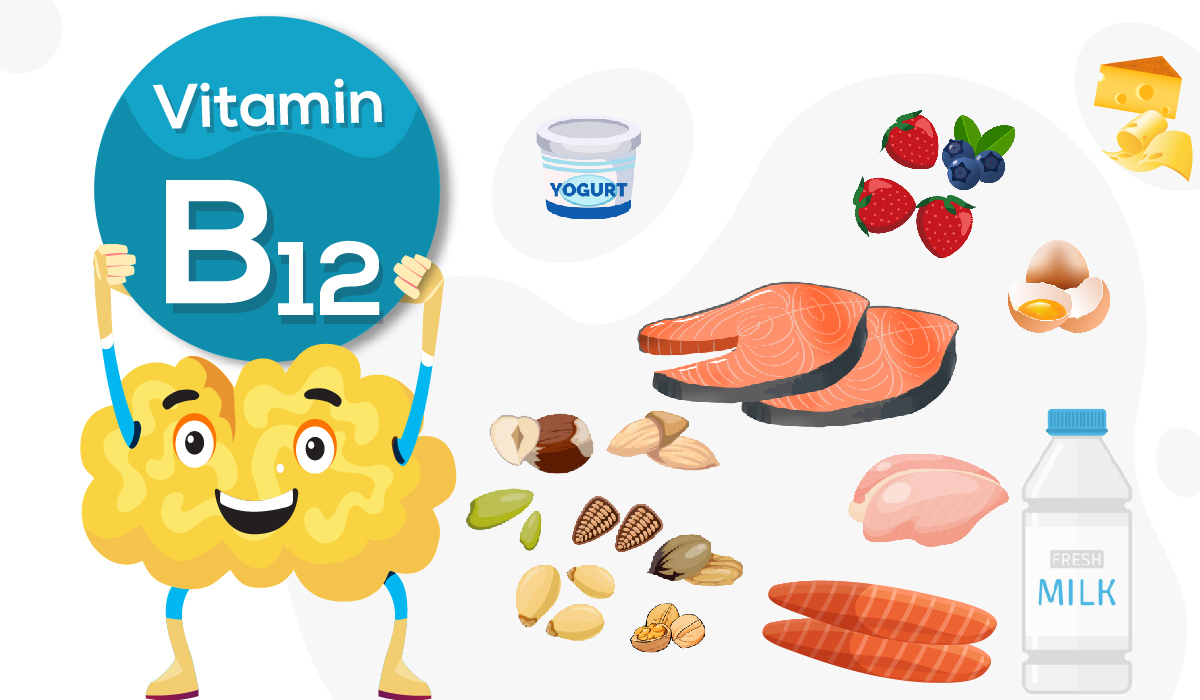
Fueling Senior Cognitive Health: Exploring Brain Foods for Seniors
Understanding the Importance of Brain Foods
As individuals age, maintaining cognitive health becomes increasingly important. One way to support cognitive function and promote brain health is through the consumption of brain foods. These are nutrient-rich foods that are known to nourish the brain, enhance cognitive function, and support overall mental well-being. By incorporating these foods into their diets, seniors can optimize brain health and potentially reduce the risk of cognitive decline.
Essential Nutrients for Senior Brain Health
Several key nutrients play a vital role in supporting brain health and function. Omega-3 fatty acids, found in fatty fish like salmon and walnuts, are known for their anti-inflammatory properties and their ability to support brain cell structure and function. Antioxidants such as vitamin E, found in nuts, seeds, and leafy greens, help protect brain cells from oxidative stress and damage. B vitamins, particularly B6, B12, and folate, are essential for cognitive function and are found in foods like leafy greens, eggs, and lean meats.
Incorporating Omega-3 Rich Foods
Omega-3 fatty acids are one of the most important nutrients for brain health, and seniors can benefit from incorporating omega-3 rich foods into their diets. Fatty fish such as salmon, mackerel, and trout are excellent sources of omega-3s and can be enjoyed grilled, baked, or poached. For those who prefer plant-based options, walnuts, chia seeds, and flaxseeds are also rich in omega-3 fatty acids and can easily be added to salads, yogurt, or smoothies.
Harnessing the Power of Antioxidants
Antioxidants play a crucial role in protecting the brain from oxidative stress and damage caused by free radicals. Seniors can boost their antioxidant intake by including a variety of colorful fruits and vegetables in their diets. Berries such as blueberries, strawberries, and raspberries are particularly rich in antioxidants and can be enjoyed fresh, frozen, or blended into smoothies. Dark leafy greens like spinach, kale, and Swiss chard are also packed with antioxidants and can be incorporated into salads, soups, or stir-fries.
Embracing Brain-Boosting B Vitamins
B vitamins are essential for brain health and function, and seniors can ensure an adequate intake by including foods rich in B vitamins in their diets. Leafy greens such as spinach, kale, and collard greens are excellent sources of folate, while eggs, poultry, and lean meats provide ample amounts of vitamin B12. Whole grains like oats, barley, and quinoa are also rich in B vitamins and can be enjoyed as part of a balanced diet.
The Role of Healthy Fats
Healthy fats, such as those found in nuts, seeds, and avocados, are important for brain health and function. Seniors can incorporate these foods into their diets as snacks or as part of meals to boost their intake of healthy fats. Nuts and seeds can be sprinkled over salads or yogurt, added to trail mix, or enjoyed on their own as a satisfying snack. Avocado can be mashed and spread on toast, blended into smoothies, or used as a creamy topping for tacos or salads.
Balancing Macronutrients for Optimal Brain Health
In addition to focusing on specific brain-boosting nutrients, seniors should aim to maintain a balanced diet that includes a variety of macronutrients. Protein-rich foods such as lean meats, poultry, fish, eggs, and legumes provide essential amino acids that support brain function and repair. Complex carbohydrates from whole grains, fruits, and vegetables provide a steady source of energy for the brain, while healthy fats help improve cognitive function and support overall brain health.
Creating Delicious and Nutritious Meals
Incorporating brain foods into meals can be both delicious and nutritious. Seniors can experiment with new recipes that feature brain-boosting ingredients, such as grilled salmon with a side of sautéed spinach, a colorful salad with mixed berries and walnuts, or a hearty vegetable stir-fry with tofu or lean chicken. By getting creative in the kitchen and exploring new flavors and ingredients, seniors can enjoy meals that not only taste great but also support their cognitive health.
Staying Hydrated for Brain Function
In addition to eating a nutrient-rich diet, staying hydrated is essential for optimal brain function. Dehydration can impair cognitive function and lead to symptoms such as fatigue, confusion, and difficulty concentrating. Seniors should aim to drink plenty of water throughout the day and incorporate hydrating foods such as fruits, vegetables, and soups into their diets. Herbal teas, infused water, and coconut water are also refreshing options to help seniors stay hydrated and support brain health. Read more about brain foods for seniors
